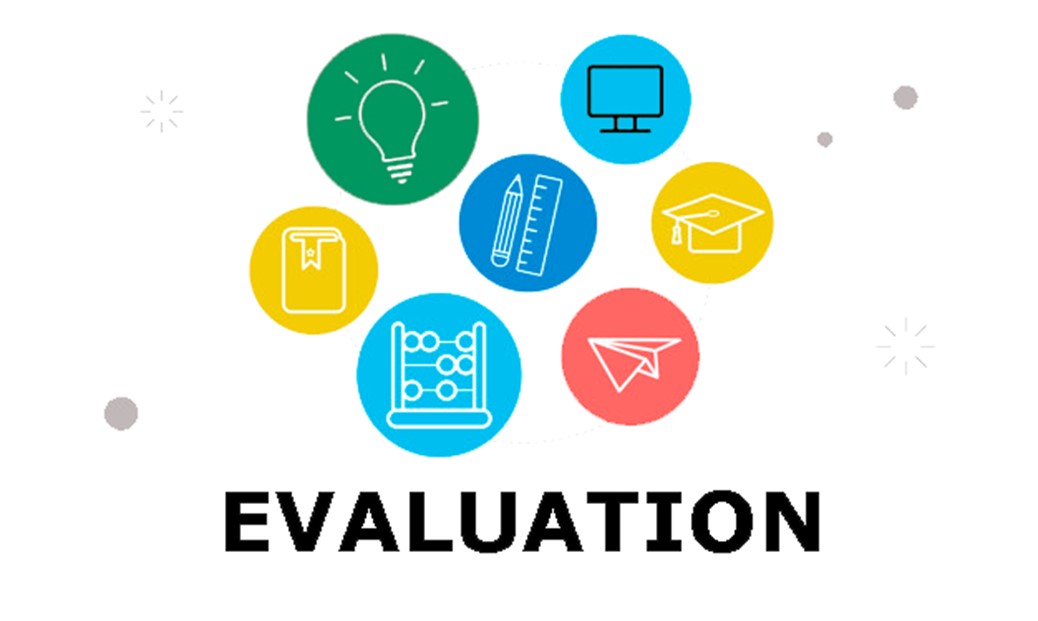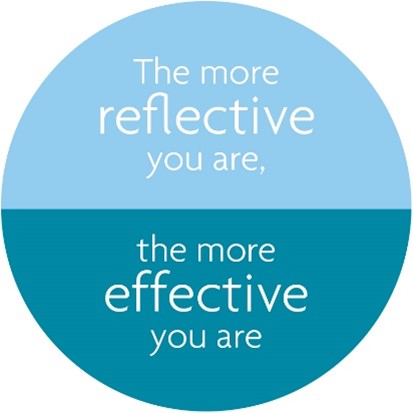Online Course
NRSG 794 - Introduction to the Nursing Faculty Role
Module 5: Approvals and Accreditation
Accreditation of Nursing Programs
There are two major accreditors of nursing education programs in the United States:
- The Commission on Collegiate Nursing Education (CCNE) which is affiliated with the American Association of Colleges of Nursing (AACN); and
- The National League for Nursing Commission for Nursing Education Accreditation (CNEA) which obviously is affiliated with the National League for Nursing.
CCNE accredits baccalaureate and higher degree programs including the DNP. Since the membership criteria for the NLN includes LPN, Associate Degree, Baccalaureate and higher degree including the DNP, CNEA accredits all of these program levels. To note, CCNE also accredits entry level and advanced practice Nurse Residency Programs, or NRPs.
Note that neither the CCNE nor CNEA accredits PhD programs. PhD programs are usually approved through their university’s Graduate School (vs. the School of Nursing) using a process similar to the Middle States review the UMB campus completes.
Usually a nursing program selects one or the other of these two bodies for accreditation purposes, though a few schools choose to go through the process for both bodies. There are definitely costs/fees associated with accreditation, so that can be a major consideration.
Please take some time to look over the web-pages for CCNE and NLN and you will note many similarities in their accreditation processes. There is a wealth of information in the web pages for these two bodies. For example, you can find out which nursing programs are accredited, which programs are scheduled for accreditation, what the standards are, and many other things.
Standards form the organization of the self-study well as the site visit you will read about below. You will find the CCNE Standards for Accreditation for the various programs particularly interesting. CCNE has four standards:
- Program Quality: Mission, and Governance;
- Program Quality: Institutional Commitment and Resources;
- Program Quality: Curriculum and Teaching-Learning Practices; and
- Program Quality: Program Effectiveness: Assessment and Achievement of Program Outcomes.
There are five NLN CNEA Accreditation Standards:
- Culture of Excellence – Program Outcomes;
- Culture of Integrity and Accountability; Mission, Governance, and Resources;
- Culture of Excellence and Caring - Faculty;
- Culture of Excellence and Caring Students; and
- Culture of Learning and Diversity – Curriculum and Evaluation Processes.
The accreditation process links the importance of the evaluation of multiple aspects of nursing programs and stresses the importance of having a school-wide evaluation plan. Often the need for multiple types of data from multiple sources is such that nursing programs/schools have a designated faculty member in the role of coordinating all evaluation efforts for a school. Since the UMSON is so large, we have Dr. Lynn Chen in that role. You may recognize her name from the end of semester requests you get to complete the CEQ and FEQ surveys for each of your classes!

THE ACCREDITATION PROCESS
The process for accreditation of nursing programs is much like that described for institutions such as the Middle States Review for UMB, or the Joint Commission process at many hospitals.
First, a “self-study” describing how the programs meet the standards of the accrediting organization is created by the SON. This process is designed to also help the applicant programs/schools self-identify areas of concern and hopefully plan and implement ways to address the concern.
The UMSON most recently went through this process in 2014. The self-study may have two parts: 1) the actual self-study and 2) the appendices. The self-study body itself is the shorter of the two volumes as there is a strict page limit on the self-study. The appendices are where we can “show and tell” the wonderful things about our School!
The complete self-study is sent to the accrediting agency and copies given to the volunteer site visitors who visit the school and its programs. These are nursing faculty and administrators who volunteer. As you now know, this rigorous volunteer activity will certainly count for Service at the national level on a faculty member’s CV.
The role of the site visitors is often described as “clarify, verify, and amplify” what appears in the self-study as to how standards are met. This visit usually lasts 2 or more days. The site visitors visit any aspects of the nursing programs that they wish including visiting classes, clinicals, talking and meeting with administrators, faculty, and students, distance sites, etc. Public notice of this visit, typically posted on the Institution’s web site, is made to provide an opportunity for anyone who wishes to comment on the school and/or its programs to do so.
At the end of the site visit, the visitors provide a summary of their findings which shape a report they will submit to the accrediting body about their recommendation. A few months letter, a group of Commissioners (also volunteer faculty and administrators) reviews the report and make a recommendation as to whether they program(s) should be accredited. The approved programs are then notified of this action and accreditation decision and the length of the accreditation period. The first time programs are accredited, this time period is usually shorter (e.g. five years) than subsequent times (typically 10 years). Programs that are not approved are identified and appropriate actions are taken which may extend to loss of accreditation.
Each accredited program receives a certificate of accreditation which is usually prominently posted. The UMSON has posted theirs near the Penn Street doors in the Lobby of the School. Our accreditation statement is also on the website.

Accreditation is a mark of quality and excellence in meeting pre-specified standards. This is quite different than licensure in nursing which assures meeting minimal standards for delivering safe, competent nursing care.
It is important for potential students and the public to be aware of accreditation status of a program and school. You may recall when you started looking at schools of nursing and various programs, you probably saw “accredited by XXX” somewhere in the literature. Also, entrance into Graduate Programs is often predicated on “Graduation from an accredited nursing program and /or school…” somewhere in the requirements for admission!

Reflection Question: How does one become a CNEA or CCNE site evaluator, and what does it entail! For more info, watch this brief video, and read more here, specific to CCNE, and CNEA.
This website is maintained by the University of Maryland School of Nursing (UMSON) Office of Learning Technologies. The UMSON logo and all other contents of this website are the sole property of UMSON and may not be used for any purpose without prior written consent. Links to other websites do not constitute or imply an endorsement of those sites, their content, or their products and services. Please send comments, corrections, and link improvements to nrsonline@umaryland.edu.